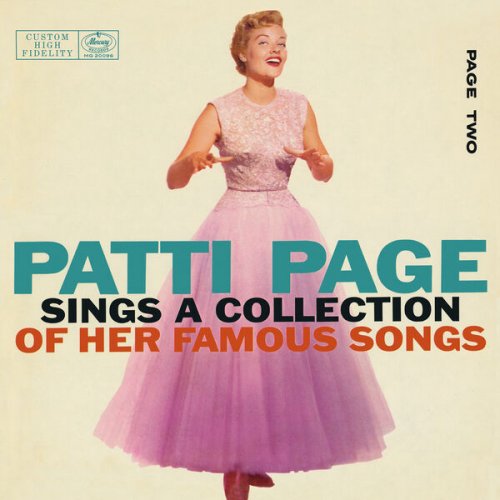Rafael Kubelik - Rafael Kubelik conducts Great Symphonies (2011)
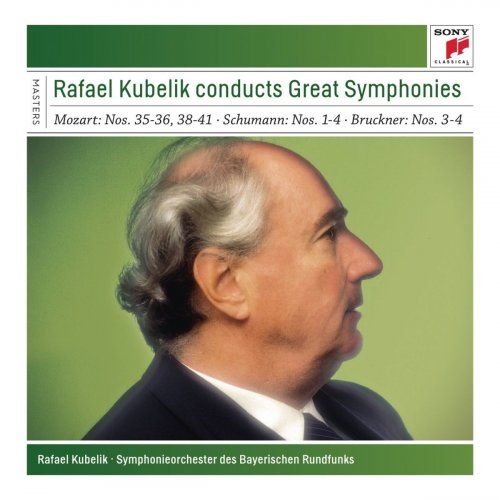
Artist: Rafael Kubelik, Symphonieorchester des Bayerischen Rundfunks
Title: Rafael Kubelik conducts Great Symphonies
Year Of Release: 2011
Label: Sony Classical
Genre: Classical
Quality: FLAC (tracks)
Total Time: 7:41:07
Total Size: 1.94 GB
WebSite: Album Preview
Tracklist:Title: Rafael Kubelik conducts Great Symphonies
Year Of Release: 2011
Label: Sony Classical
Genre: Classical
Quality: FLAC (tracks)
Total Time: 7:41:07
Total Size: 1.94 GB
WebSite: Album Preview
DISC 1
01. Symphony No. 35 in D Major, K. 385 "Haffner" : I - Allegro con spirito
02. Symphony No. 35 in D Major, K. 385 "Haffner" : II - Andante
03. Symphony No. 35 in D Major, K. 385 "Haffner" : III - Menuetto e Trio
04. Symphony No. 35 in D Major, K. 385 "Haffner" : IV - Finale: Presto
05. Symphony No. 36 in C Major, K. 425 "Linz" : I. Adagio - Allegro spiritoso
06. Symphony No. 36 in C Major, K. 425 "Linz" : II. Poco Adagio
07. Symphony No. 36 in C Major, K. 425 "Linz" : III. Menuetto e Trio
08. Symphony No. 36 in C Major, K. 425 "Linz" : IV. Finale. Presto
DISC 2
01. Symphony No. 38 in D Major, K. 504, "Prague" : I. Adagio - Allegro
02. Symphony No. 38 in D Major, K. 504, "Prague" : II. Andante
03. Symphony No. 38 in D Major, K. 504, "Prague" : III. Finale. Presto
04. Symphony No. 39 in E-Flat Major, K. 543 : I. Adagio - Allegro
05. Symphony No. 39 in E-Flat Major, K. 543 : II. Andante con moto
06. Symphony No. 39 in E-Flat Major, K. 543 : III. Menuetto e Trio. Allegro
07. Symphony No. 39 in E-Flat Major, K. 543 : IV. Finale. Allegro
DISC 3
01. Symphony No. 40 in G Minor, K. 550 : I. Molto allegro
02. Symphony No. 40 in G Minor, K. 550 : II. Andante
03. Symphony No. 40 in G Minor, K. 550 : III. Menuetto. Allegretto
04. Symphony No. 40 in G Minor, K. 550 : IV. Allegro assai
05. Symphony No. 41 in C Major, K. 551 "Jupiter" : I. Allegro vivace
06. Symphony No. 41 in C Major, K. 551 "Jupiter" : II. Andante cantabile
07. Symphony No. 41 in C Major, K. 551 "Jupiter" : III. Menuetto. Allegretto
08. Symphony No. 41 in C Major, K. 551 "Jupiter" : IV. Molto Allegro
DISC 4
01. Symphony No. 1 in B-Flat Major, Op. 38 "Spring" : I. Andante un poco maestoso - Allegro molto vivace
02. Symphony No. 1 in B-Flat Major, Op. 38 "Spring" : II. Larghetto
03. Symphony No. 1 in B-Flat Major, Op. 38 "Spring" : III. Scherzo. Molto vivace
04. Symphony No. 1 in B-Flat Major, Op. 38 "Spring" : IV. Allegro animato e grazioso
05. Symphony No. 2 in C Major, Op. 61 : I. Sostenuto assai - Allegro ma non troppo
06. Symphony No. 2 in C Major, Op. 61 : II. Scherzo. Allegro vivace
07. Symphony No. 2 in C Major, Op. 61 : III. Adagio espressivo
08. Symphony No. 2 in C Major, Op. 61 : IV. Allegro molto vivace
DISC 5
01. Symphony No. 3 in E-Flat Major, Op. 97 "Rhenish"/"Rheinische" : Lebhaft
02. Symphony No. 3 in E-Flat Major, Op. 97 "Rhenish"/"Rheinische" : Scherzo - Sehr mässig
03. Symphony No. 3 in E-Flat Major, Op. 97 "Rhenish"/"Rheinische" : Nicht Schnell
04. Symphony No. 3 in E-Flat Major, Op. 97 "Rhenish"/"Rheinische" : Feierlich
05. Symphony No. 3 in E-Flat Major, Op. 97 "Rhenish"/"Rheinische" : Lebhaft
06. Symphony No. 4 in D Minor, Op. 120 : I. Ziemlich langsam - Lebhaft
07. Symphony No. 4 in D Minor, Op. 120 : II. Romanze - Ziemlich langsam
08. Symphony No. 4 in D Minor, Op. 120 : III. Scherzo. Lebhaft - Trio
09. Symphony No. 4 in D Minor, Op. 120 : IV. Langsam - Lebhaft
10. Manfred, Op. 115: Overture
DISC 6
01. Symphony No. 3 in D Minor, WAB 103 : I. Gemässigt, mehr bewegt, misterioso
02. Symphony No. 3 in D Minor, WAB 103 : II. Adagio, bewegt, quasi andante
03. Symphony No. 3 in D Minor, WAB 103 : III. Scherzo. Ziemlich schnell
04. Symphony No. 3 in D Minor, WAB 103 : IV. Finale. Allegro
05. Siegfried Idyll, WWV 103
DISC 7
01. Symphony No. 4 in E-Flat Major, WAB 104 "Romantic" : I. Bewegt, nicht zu schnell
02. Symphony No. 4 in E-Flat Major, WAB 104 "Romantic" : II. Andante quasi allegretto
03. Symphony No. 4 in E-Flat Major, WAB 104 "Romantic" : III. Scherzo. Bewegt - Trio
04. Symphony No. 4 in E-Flat Major, WAB 104 "Romantic" : IV. Finale. Bewegt, doch nicht zu schnell
A top conductor of large orchestral works of the late nineteenth century, Rafael Kubelik was born near Prague in 1914. The son of violinist Jan Kubelik (1880-1940), he studied violin, piano, composition, and conducting at the Prague Conservatory. He made his debut before the Czech Philharmonic Orchestra at age 19, and in 1939 became the music director of the National Opera in Brno, Czechoslovakia. In 1941, he became the music director of the Czech Philharmonic Orchestra, a post he held until 1948. In 1948, with the establishment of a Communist dictatorship in Czechoslovakia, Kubelik left his homeland and became an exile for the next 40 years.
Kubelik's three years with the Chicago Symphony Orchestra, beginning in 1950, were frustrating. A persuasive rather than a dictatorial figure and a diplomat rather than a martinet, he lacked the ability to control the orchestra. Additionally, Kubelik's musical sensibilities had been shaped in the early twentieth century rather than the late nineteenth, as had been the case with his immediate predecessors, and he programmed far too much modern music for the taste of critics and subscribers. Kubelik was fortunate that his appointment coincided with the orchestra making its first move into long-playing records for the Mercury label. Among his two dozen recordings with the Chicago Symphony Orchestra was a riveting performance of Mussorgsky's Pictures at an Exhibition and one of Smetana's My Fatherland. Ultimately the fit just wasn't right between Kubelik and the orchestra, and he gave up the appointment.
Kubelik served for three years, from 1955 through 1958, as music director of the Covent Garden Opera in London, where he conducted the British premieres of Janácek's Jenufa and Berlioz's Les troyens. From 1961 until 1979, he was music director of the Bavarian Radio Symphony in Munich, with which he also recorded extensively (for Deutsche Grammophon), and was the principal conductor of the Metropolitan Opera in New York during the 1973-1974 season as well. He was a most-welcomed guest conductor in Chicago on many occasions throughout his later career, appeared with virtually all of the world's major orchestras, and recorded extensively in England, America, and Germany. In 1973, he became a Swiss citizen.
Rafael Kubelik embodied a tradition of robust post-Romantic music-making that was ideally suited to the recording medium as well as the concert hall. He was celebrated as a master of rich orchestral color, which was brought out most vividly in the late Romantic and post-Romantic scores for which he was most popular. This included much of the Russian repertory and virtually all of the nationalist music of the era, especially the work of his fellow countrymen Antonin Dvorák, Leos Janácek, and Bedrich Smetana. He recorded the latter's Má Vlast at least four times on as many different labels, the last at a live performance in Prague during 1990 at a concert commemorating the liberation of the country from Communist rule released on the Supraphon label. The sheer number of his recordings that remain in print, and their equal distribution between the "historical" and modern sections of classical music departments, speaks volumes about his enduring popularity and the validity of his performances and interpretations. His complete Beethoven and Mahler cycles remained in print for many years. Although relatively little of his operatic work was preserved on record, the small number of these are also well-regarded, especially his Rigoletto.
With the fall of the Communist dictatorship, Kubelik, who had been intermittently ill for several years, returned to Czechoslovakia for the first time in four decades with the intention of resuming composing full-time. As it was, he had authored five operas, several symphonies, and various works for soloist and orchestra, vocal works, and chamber pieces. ~ Bruce Eder
Kubelik's three years with the Chicago Symphony Orchestra, beginning in 1950, were frustrating. A persuasive rather than a dictatorial figure and a diplomat rather than a martinet, he lacked the ability to control the orchestra. Additionally, Kubelik's musical sensibilities had been shaped in the early twentieth century rather than the late nineteenth, as had been the case with his immediate predecessors, and he programmed far too much modern music for the taste of critics and subscribers. Kubelik was fortunate that his appointment coincided with the orchestra making its first move into long-playing records for the Mercury label. Among his two dozen recordings with the Chicago Symphony Orchestra was a riveting performance of Mussorgsky's Pictures at an Exhibition and one of Smetana's My Fatherland. Ultimately the fit just wasn't right between Kubelik and the orchestra, and he gave up the appointment.
Kubelik served for three years, from 1955 through 1958, as music director of the Covent Garden Opera in London, where he conducted the British premieres of Janácek's Jenufa and Berlioz's Les troyens. From 1961 until 1979, he was music director of the Bavarian Radio Symphony in Munich, with which he also recorded extensively (for Deutsche Grammophon), and was the principal conductor of the Metropolitan Opera in New York during the 1973-1974 season as well. He was a most-welcomed guest conductor in Chicago on many occasions throughout his later career, appeared with virtually all of the world's major orchestras, and recorded extensively in England, America, and Germany. In 1973, he became a Swiss citizen.
Rafael Kubelik embodied a tradition of robust post-Romantic music-making that was ideally suited to the recording medium as well as the concert hall. He was celebrated as a master of rich orchestral color, which was brought out most vividly in the late Romantic and post-Romantic scores for which he was most popular. This included much of the Russian repertory and virtually all of the nationalist music of the era, especially the work of his fellow countrymen Antonin Dvorák, Leos Janácek, and Bedrich Smetana. He recorded the latter's Má Vlast at least four times on as many different labels, the last at a live performance in Prague during 1990 at a concert commemorating the liberation of the country from Communist rule released on the Supraphon label. The sheer number of his recordings that remain in print, and their equal distribution between the "historical" and modern sections of classical music departments, speaks volumes about his enduring popularity and the validity of his performances and interpretations. His complete Beethoven and Mahler cycles remained in print for many years. Although relatively little of his operatic work was preserved on record, the small number of these are also well-regarded, especially his Rigoletto.
With the fall of the Communist dictatorship, Kubelik, who had been intermittently ill for several years, returned to Czechoslovakia for the first time in four decades with the intention of resuming composing full-time. As it was, he had authored five operas, several symphonies, and various works for soloist and orchestra, vocal works, and chamber pieces. ~ Bruce Eder
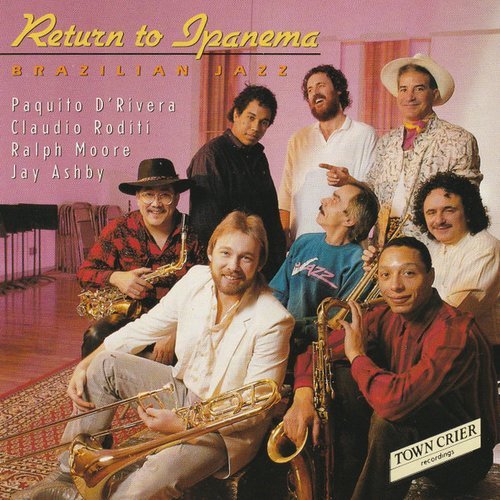

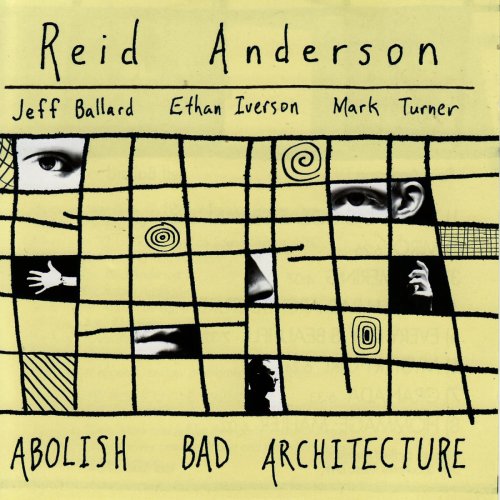

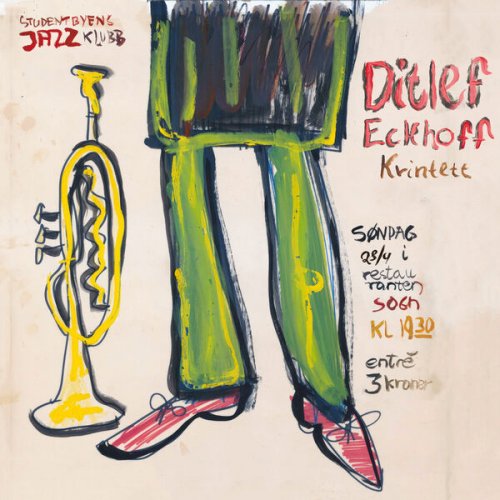
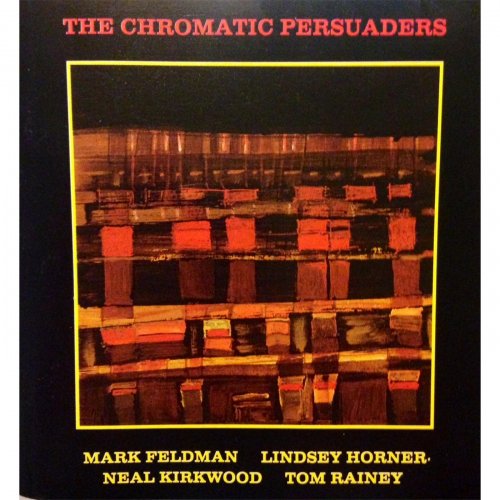
![Rainer Brüninghaus, Kenny Wheeler, Jon Christensen & Brynjar Hoff - Freigeweht (1981/2025) [Hi-Res] Rainer Brüninghaus, Kenny Wheeler, Jon Christensen & Brynjar Hoff - Freigeweht (1981/2025) [Hi-Res]](https://www.dibpic.com/uploads/posts/2025-12/1766402111_cover.jpg)

